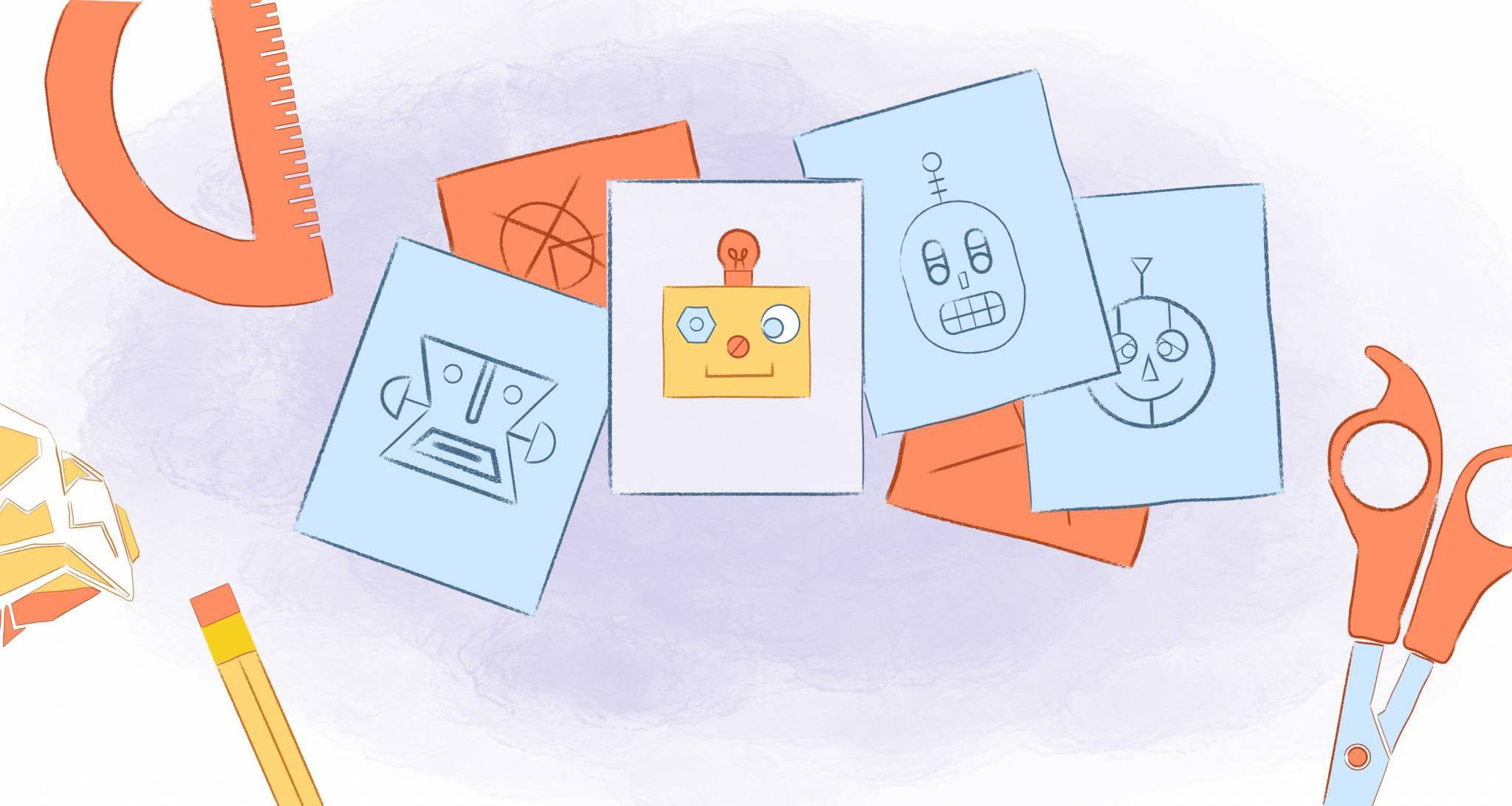

The late, great writer Kurt Vonnegut once said, “The secret to success in any human endeavor is total concentration.” He was 100 percent spot on. Here is how to concentrate your focus.
Concentration, which is defined as “the action or power of focusing one’s attention or mental effort,” plays an essential role in every facet in your life. Think about everything that you’ve achieved in your life. At some point, the focus was involved.
Studying so that you can pass your finals? Tuning out a raucous crowd while on the basketball court? Making sure that you a project deadline? Actively listening to an employee or family member?
Yep. You needed concentration for all of the above.
However, concentration is much more than just having the superpower to focus your mind. It also:
- Benefits your short and long-term memory.
- Helps control your thoughts and actions.
- Makes you feel more in control.
- Improves decision-making skills.
- Makes you feel more self-confident and positive.
- Helps you become better at problem-solving.
- Gives you clarity on who you are and what your goals are.
And, here’s the kicker. You don’t have to born with the uncanny ability to concentrate. It’s something that you can develop through practice by doing the following.
Think of your mind as a muscle.
“If you decide you want to get in shape physically, but are starting at ground zero, the worst thing you can do is to throw yourself into an extreme training program. Too extreme and you’ll end up injured, discouraged, or both, and you’ll quit before you even really get started,” write Brett and Kate McKay over at the Art of Manliness.
The same is true when it comes to learning how to concentrate your focus. Let’s say that “your attention span is currently quite flabby.” The best thing to do is “to slowly build up the weight you ask it to lift.” In other words, “start with a pretty easy goal and work your way up from there.”
The “Pomodoro Method” is a great technique to help you get started. Yes, it’s the same calendar and productivity hack where around 45 minutes straight and then take a 15-minute break. However, because you’re gradually building your focus muscles here, cut that time way back.
The McKay’s recommend that you “set a timer for 5 minutes and focus completely on your work/reading for that period. Then take a 2-minute break before going at it again for another 5 minutes.” Add another 5 minutes each day “to your focused work time, along with an additional 2 minutes to your break time.” Guess what? In just nine days, working for 45 minutes shouldn’t be a problem. And, once you feel comfortable, “you can work to lengthen your focus sessions a little while shortening your break times.”
Meditate.
Meditation is an easy and proven way to improve mental focus. There are many ways to meditate, and this option works primarily because it encourages us to pay attention to the present. But, it also helps us bounce back from distractions and tame stress reactions. Researchers have also found that it’s helped treat those with anxiety, depression, and ADHD.
Best of all? It takes as little as 10 minutes of meditation per day to reap these benefits.
If you’ve never meditated before, I strongly suggest downloading an app like Headspace or Calm. (Personally, I love all offerings from calm — and they support you in your efforts as you go along). Both offers guided meditations for newbies.
Optimize your environment.
No surprise here. Just like your productivity, your workspace will affect your ability to focus. Don’ believe me? Imagine trying to give your undivided attention to your work. You’re in the zone when suddenly a jackhammer goes off because a road crew is repairing the road outside of your workplace. Good luck with maintaining your focus.
Even though sudden jolts of noise are out-of-your-hands — you can invest in a pair of noise-canceling headphones. These headphones come in handy whenever there’s background noise in your office or home. I can’t resist chatty co-workers or screaming children. I have to go chat — headphones stop that.
If there are screaming kids — I have to make sure they are okay or help them find something fun to do for an activity. If someone else is in charge of the kids — stick on the headphones and leave it alone. Another option would be to listen to music, preferably classical, to drown out background noise while activating both sides of your brain.
Other ways to optimize your environment would be to:
- Remove clutter from your workspace.
- Purchase ergonomic furniture.
- Place plants and artwork around your workspace.
- Install proper lighting and set the temperature at around 77 degrees Fahrenheit.
- Place a do not disturb sign at your desk or door.
- Turn off electronic distractions like your TV and smartphone.
Take short breaks.
A study out of the University of Illinois found that brief diversions improve focus. Or, in lamen’s terms, taking frequent breaks improves your concentration and performance.
The reason? Taking breaks fights back against the phenomenon called “vigilance decrement” — which is merely losing focus over time.
“For 40 or 50 years, most papers published on the vigilance decrement treated attention as a limited resource that would get used up over time, and I believe that to be wrong,” said psychology professor Alejandro Lleras, who led the study. “You start performing poorly on a task because you’ve stopped paying attention to it,” he said. “But you are always paying attention to something. Attention is not the problem.”
The solution? “We propose that deactivating and reactivating your goals allows you to stay focused,” said Lleras. “From a practical standpoint, our research suggests that, when faced with long tasks (such as studying before a final exam or doing your taxes), it is best to impose brief breaks on yourself. Brief mental breaks will help you stay focused on your task.”
Go back and review the Pomodoro Method. Work for around 45 to 50 minutes and then give your brain a rest. However, choose your breaks wisely. Instead of getting sucked into social media, go outside for a walk. Research has found that spending time outside enhances focus.
Don’t believe the myth of multitasking.
“The human brain seems to be set up to handle one task at a time,” writes Howie Jones in a previous Calendar article. “It is impossible to change the way our brains are set up, so it is better to accept reality and avoid multitasking,” Howie explains. “If you choose to multitask, then you cost yourself time and efficiency that you cannot get back.”
So, instead of trying to be a “supertasker” give all of your attention to one thing at a time.
Get your game on.
As noted in a Healthline piece, several studies have found that playing video games can increase attention and focus. They can even help you block out distractions.
Video games may not be in your bag of helpful tricks? No problem. You can try out chess, crossword puzzles, sudoku, or memory games. Besides strengthening your focus, they can also improve your memory and problem-solving skills. They’re also great ways to spend quality time with friends and family.
Enhance your well-being.
The Cleveland Clinic states that factors that inadequate sleep, a poor diet, dehydration, hunger, and physical inactivity can also influence your concentration. Though, that’s nothing shocking. It’s making the time for exercise in your calendar, particularly yoga.
Also, make sure that you get enough sleep each night, usually between 6 to 8 hours. And, don’t forget to drink plenty of water and munch on concentration-enhancing foods like fish that are rich in omega-3 fatty acids, blueberries, walnuts, and avocados.
If you’re taking medications, such as antihistamines or painkillers — talk to your doctor. They may also be impairing your concentration.
And do not neglect your mental health. It’s almost impossible to focus when you’re struggling with anxiety, stress, or depression. Physical activity and eating a balanced diet can help. But, you may also want to try out writing in a gratitude journal, limiting your social media use, or talking to a mental health professional.
Manage your energy, not your time.
“If a task requires your full attention, then schedule it for a time of day when you have the energy needed to focus,” recommends James Clear. “For example, I have noticed that my creative energy is highest in the morning.” As such, that’s when James does his best writing and strategic decisions regarding his business.
Knowing this, James schedules his creative tasks in the morning. “All other business tasks are taken care of in the afternoon.” That means conducting “interviews, responding to emails, phone calls and Skype chats, data analysis, and number crunching,” are scheduled for later in the day.
“Nearly every productivity strategy obsesses over managing your time better, but time is useless if you don’t have the energy you need to complete the task you are working on.”
Final words of advice.
It’s entirely possible to learn how to concentrate your focus. It just takes time and practice. But, also make sure that you don’t forget to set realistic goals and reward yourself after you’ve completed them.
Most importantly, measure your results and focus on the process, not the event itself. As Tim Cook once said, “Let your joy be in your journey — not in some distant goal.”











Deanna Ritchie
Editor-in-Chief at Calendar. Former Editor-in-Chief and writer at Startup Grind. Freelance editor at Entrepreneur.com. Deanna loves to help build startups, and guide them to discover the business value of their online content and social media marketing.